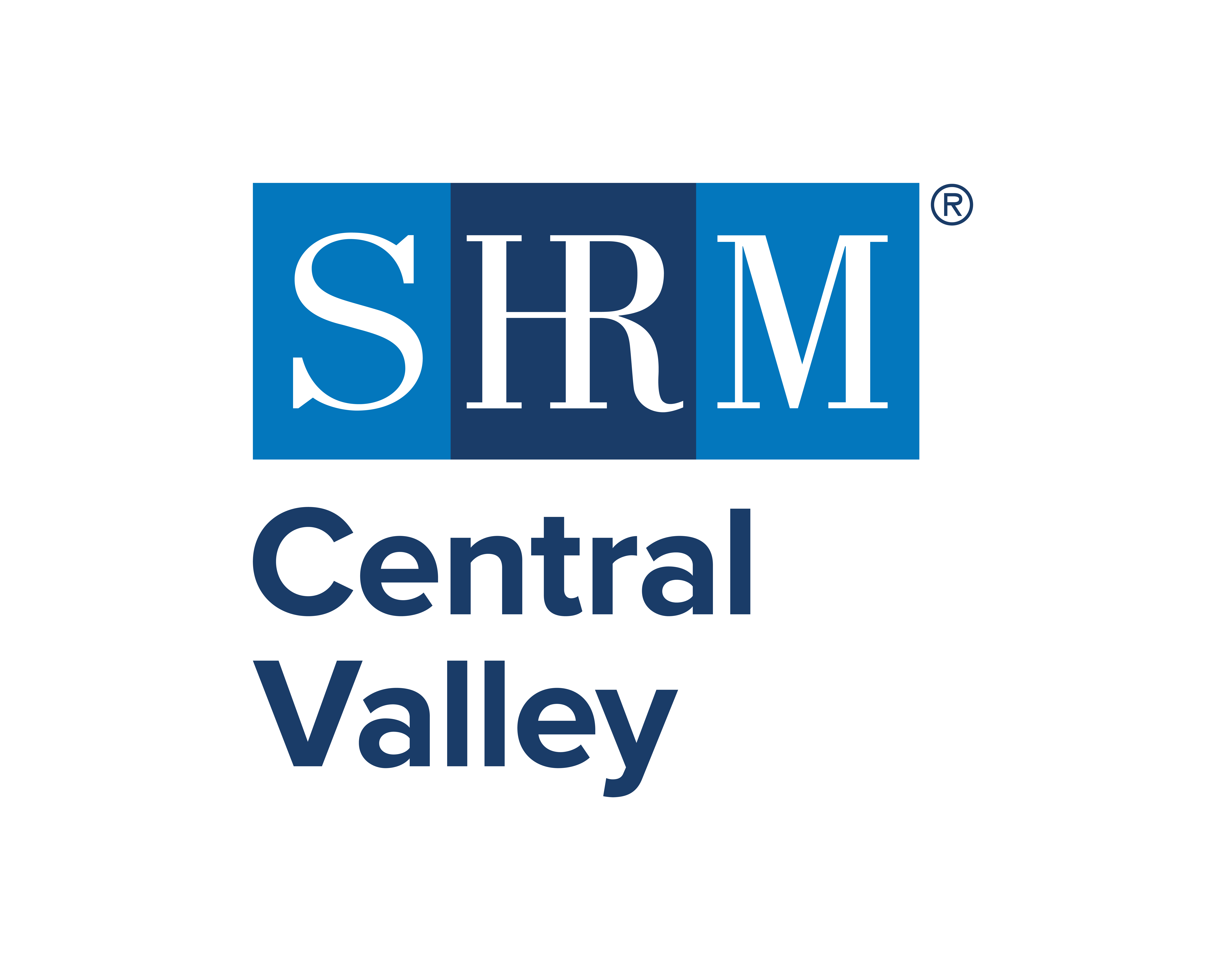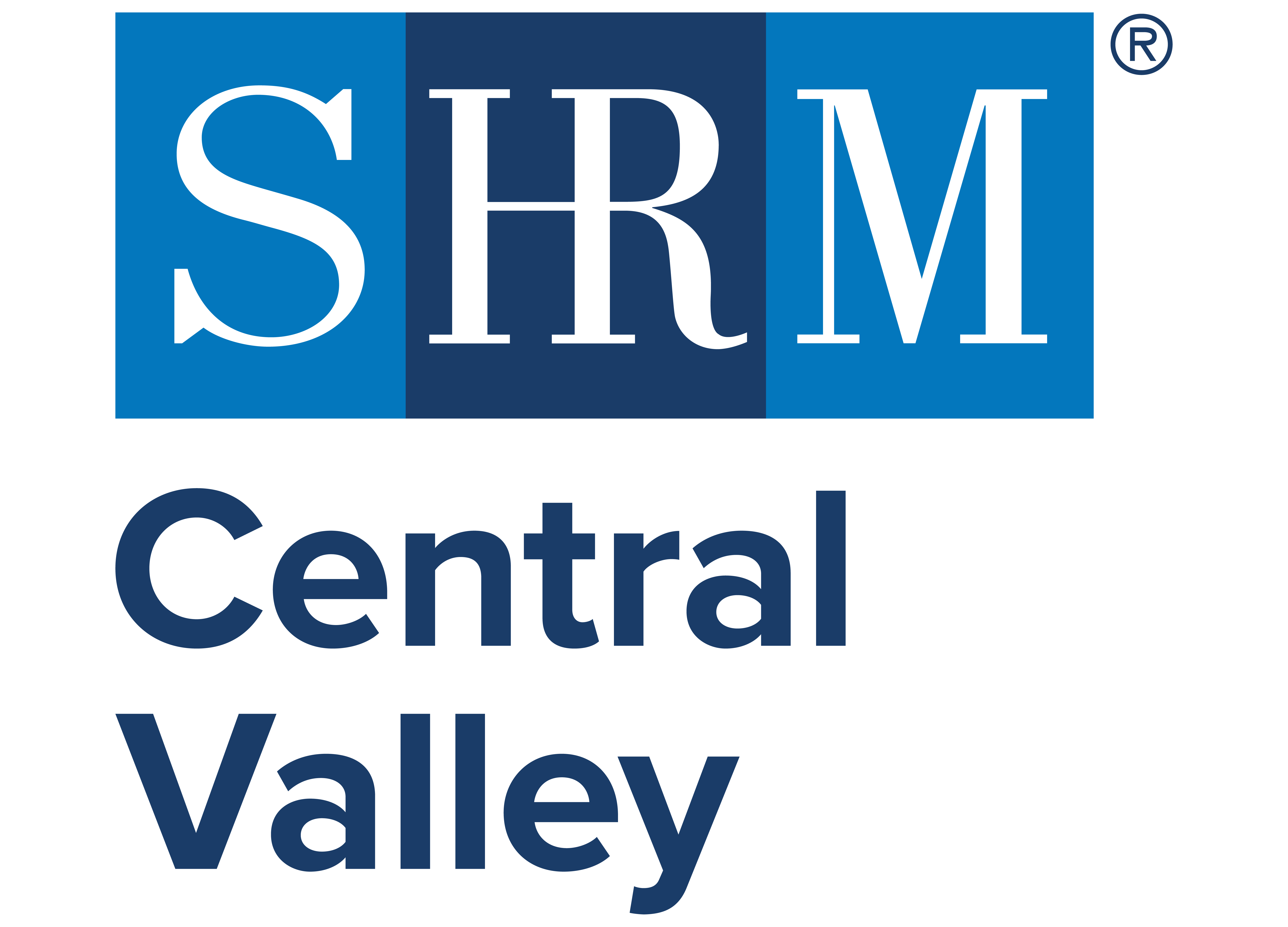2016 Pending Bills to Watch
The following bills were passed by the California Legislature and are on Governor Brown’s desk waiting for either his signature or veto. He has until September 30, 2016, to sign or veto each bill. These bills should be of interest to all, as they will effect most California employers and employees in the Central Valley.
Unpaid Leave
![]() SB 654 – New Parent Leave Act – Requires employers with 20 or more employees to allow employees (with at least 12 months service, 1,250 hours of service during previous 12-month period) to take up to six weeks of leave to bond with a new child within one year of child’s birth, adoption, or foster care placement. Requires employers to maintain and pay for coverage under a group health plan for an employee who takes this leave. These six weeks are in addition to the 17 1/3 weeks already allowed under PDL. However, it does not apply to employees who are covered under FMLA/CFRA. Effective January 1, 2018.
SB 654 – New Parent Leave Act – Requires employers with 20 or more employees to allow employees (with at least 12 months service, 1,250 hours of service during previous 12-month period) to take up to six weeks of leave to bond with a new child within one year of child’s birth, adoption, or foster care placement. Requires employers to maintain and pay for coverage under a group health plan for an employee who takes this leave. These six weeks are in addition to the 17 1/3 weeks already allowed under PDL. However, it does not apply to employees who are covered under FMLA/CFRA. Effective January 1, 2018.
Equal Pay
![]() SB 1063 – Expands the new 2015 law of equal pay based on gender (SB 358) to also include equal pay based on race or ethnicity. Both bills effective January 1, 2017.
SB 1063 – Expands the new 2015 law of equal pay based on gender (SB 358) to also include equal pay based on race or ethnicity. Both bills effective January 1, 2017.
![]() AB 1676 – Prior salary cannot, by itself, justify any disparity in compensation under the bona fide factor exception to the prohibition on discrimination based on gender, race, or ethnicity.
AB 1676 – Prior salary cannot, by itself, justify any disparity in compensation under the bona fide factor exception to the prohibition on discrimination based on gender, race, or ethnicity.
Agricultural Industry
 AB 1066 – Current agricultural workers receive overtime pay for work beyond 10 hours in a day or 60 in a workweek. The law would require employers to pay agricultural workers (Wage Order 14) overtime after eight hours per day or 40 hours in a workweek over a four-year phase-in process.
AB 1066 – Current agricultural workers receive overtime pay for work beyond 10 hours in a day or 60 in a workweek. The law would require employers to pay agricultural workers (Wage Order 14) overtime after eight hours per day or 40 hours in a workweek over a four-year phase-in process.
| Year | Daily Overtime Begins After: | Weekly Overtime Begins After: |
| 2019 | 9.5 hours | 55 hours |
| 2020 | 9 hours | 50 hours |
| 2021 | 8.5 hours | 45 hours |
| 2022 | 8 hours | 40 hours |
Businesses with less than 25 employees would have an additional three years to comply.
Background Checks
![]() AB 1843 – Prohibits employer from asking an applicant to disclose, or from utilizing as a factor in determining any condition of employment (such as hiring, promoting, terminating, apprenticeship training), information related to an arrest, detention, processing, diversion, supervision, adjudication, or court disposition that occurred while person was subject to jurisdiction of juvenile court law. Effective January 1, 2017.
AB 1843 – Prohibits employer from asking an applicant to disclose, or from utilizing as a factor in determining any condition of employment (such as hiring, promoting, terminating, apprenticeship training), information related to an arrest, detention, processing, diversion, supervision, adjudication, or court disposition that occurred while person was subject to jurisdiction of juvenile court law. Effective January 1, 2017.
Immigration-related Practices
![]() SB 1001 – Unlawful for employer to request more or different documents than are required under federal law (I-9 forms), to refuse to honor documents tendered that on their face reasonably appear to be genuine, to refuse to honor documents or work authorization based on the specific status or term of status that accompanies the authorization to work, or to reinvestigate or re-verify an incumbent employee’s authorization to work, as specified. Each violation is up to $10,000 penalty. Effective January 1, 2017.
SB 1001 – Unlawful for employer to request more or different documents than are required under federal law (I-9 forms), to refuse to honor documents tendered that on their face reasonably appear to be genuine, to refuse to honor documents or work authorization based on the specific status or term of status that accompanies the authorization to work, or to reinvestigate or re-verify an incumbent employee’s authorization to work, as specified. Each violation is up to $10,000 penalty. Effective January 1, 2017.
Related: U.S. Departments of Homeland Security (DHS), Labor (DOL) and Justice (DOJ) have increased the civil fines for employers that commit immigration-related offenses. The new penalties, which went into effect on August 1, 2016, apply to violations that occurred after November 2, 2015. Fine increases are as follows:
| Violation | Penalty for violations before 11/2/2015 | Increased Penalty for violations after 11/2/2015 |
| Knowingly hiring or employing unauthorized aliens – first offense (per individual)
|
Min. $375
Max. $3,200 |
Min. $589
Max. $4,313 |
|
I-9 Paperwork Error |
Min. $110
Max. $1,100 |
Min. $216
Max. $2,156 |
| Unfair immigration-related employment practices, first order (per individual)
|
Min. $375
Max. $3,200 |
Min. $445
Max. $3,563
|
|
Unfair immigration-related employment practices, document abuse (per individual)
|
Min. $110
Max. $1,100 |
Min. $178
Max. $1,782 |
| Willful H-1B violations pertaining to wages/working conditions, notification, labor condition application specificity, recruitment, or discrimination against an employee (per violation) | Max. $5,000 | Max. $7,251 |
Notice Rights
 AB 2337 – Requires employers to inform each employee of his or her rights as possible victims of domestic violence, sexual assault, or stalking by providing that information in writing to new employees upon hire, and to other employees upon request. Requires Labor Commissioner, by July 1, 2017 to design a form to be used. Employers not required to comply with notice requirements until the Commissioner posts the form.
AB 2337 – Requires employers to inform each employee of his or her rights as possible victims of domestic violence, sexual assault, or stalking by providing that information in writing to new employees upon hire, and to other employees upon request. Requires Labor Commissioner, by July 1, 2017 to design a form to be used. Employers not required to comply with notice requirements until the Commissioner posts the form.
James C. Anderson, Esq.
Disclaimer: The information provided is just a summary for general information purposes only and is not intended as legal advice. Please review the actual laws, regulations, and cases to obtain all the latest updates, details, and implications and to reach your own conclusions as to what the law means. Also seek legal advice as needed.



